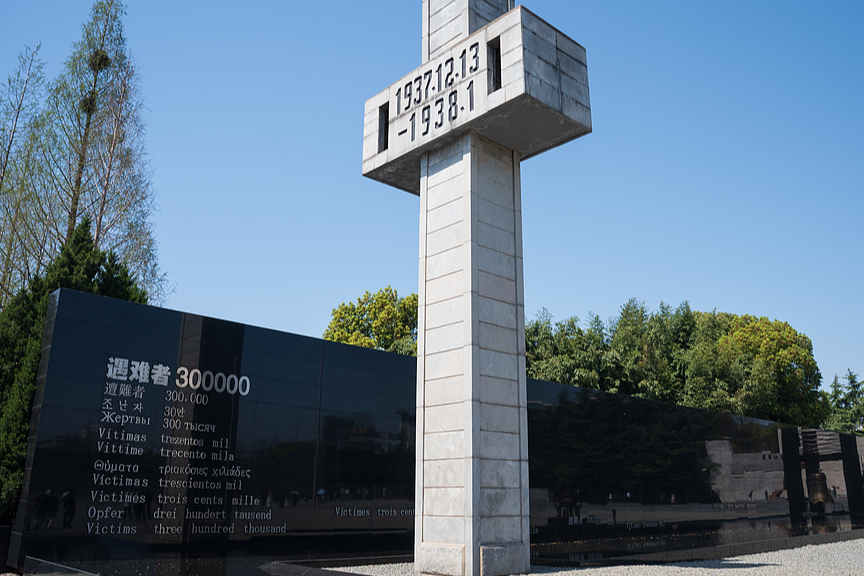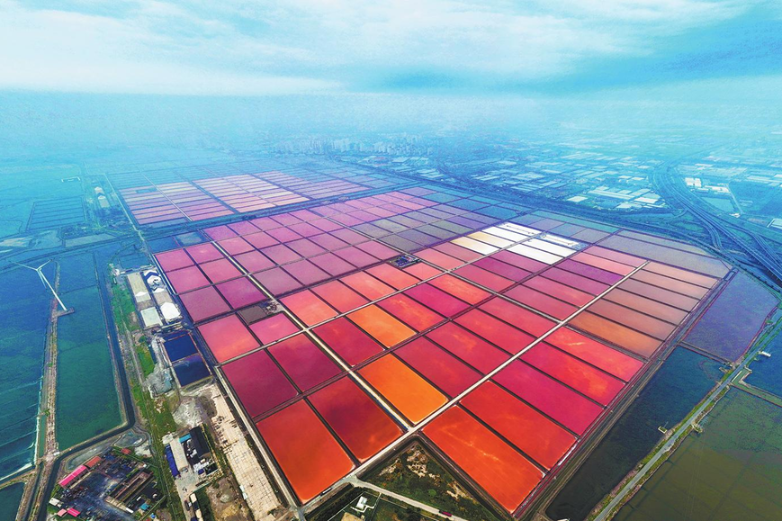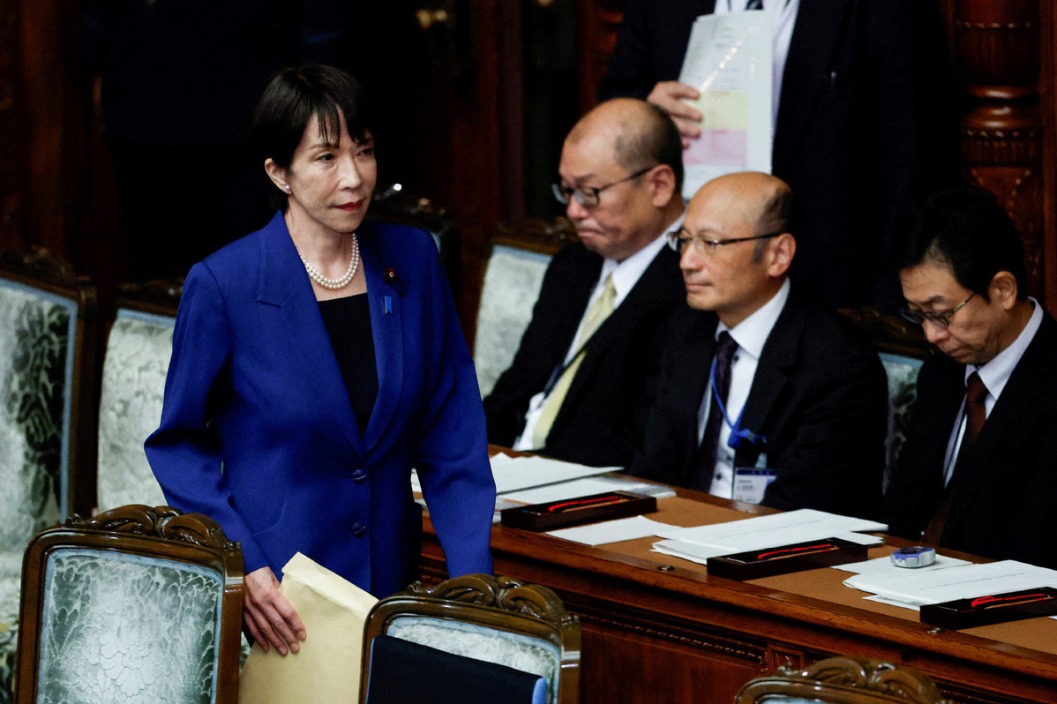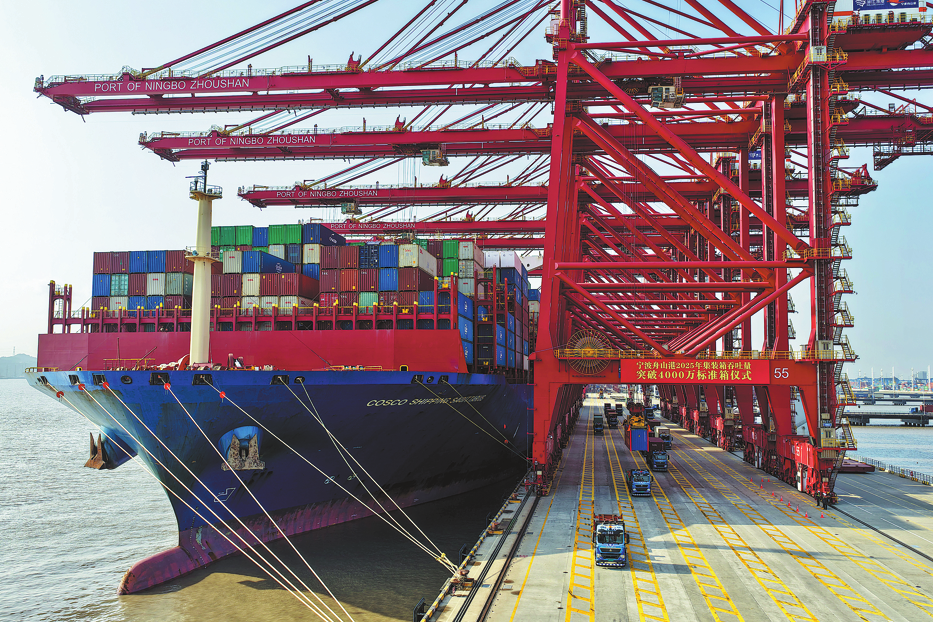Whole-process democracy is people-centric

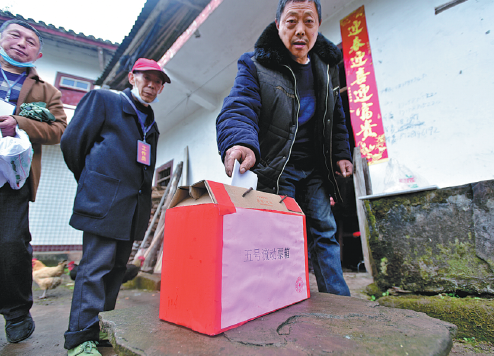
In recent years, "whole-process democracy" has become a familiar term not only in China but also across the world. As Xi Jinping, general secretary of the Communist Party of China Central Committee, said, the form of people's democracy followed by China is whole-process democracy and it is in line with socialist democracy with Chinese characteristics.
To begin with, in whole-process democracy, the people are masters of the country, as it gives full play to the principal role of the people.
In modern times, however, many countries have come to accept that Western-style democracy is best suited to achieve economic growth. But while advocating the superiority of the liberal democratic system, Western democracy hides its substantial limitations. By comparison, China adheres to a people-centered approach when it comes to the practice of democracy.
The core of democracy in the West is procedure, which is reflected in political activities such as elections and voting. But these activities fail to remove institutional injustice, which is also the main limitation of Western democracy. Whole-process democracy, in contrast, conforms to democracy in the Marxist sense of the term. It is in essence people's democracy.
Whole-process democracy unifies the essence and procedures of people's democracy in state governance. In whole-process democracy, the organic unity of the people is the core concept of democracy. Whole-process democracy always respects the choice of the people, and true democracy can be developed only through people's democracy.
Extensive people's participation in all aspects of governance guarantees equal political rights to all members of society, which is different from the "gerrymander" trap in Western democratic elections and voting. For a Marxist party such as the CPC, governance is determined by the Party spirit and the people's needs, a unique characteristic that distinguishes it from other political parties. Specifically, the core concept of Chinese democracy and the practice of whole-process democracy are and will always be meeting the needs of China's diverse groups of people, and ensuring that the people feel a greater sense of gain, happiness and security.
Whole-process democracy also promotes scientific decision-making. In China, every major decision is made on the basis of extensive solicitation of public opinions and many rounds of deliberations. That is to say, no major decision is made without full democratic consultations.
While seeking public opinions, the officials make the people fully aware of the related issues so they can understand how a specific policy will benefit all members of society. By doing so, whole-process democracy guarantees the effective participation of the people and fulfills the requirements of the whole society.
Besides, whole-process democracy helps improve grassroots governance. Self-governance at the grassroots level is an important form of socialist democracy and has helped establish a series of effective institutional arrangements under the Party's leadership. Whole-process democracy encourages the people to participate in social governance, helps maintain social harmony, and facilitates the modernization of China's governance system and enhance its governance capacity.
In other words, whole-process democracy better reflects the people's will, protects the people's rights and interests, and boosts their creativity.
Whole-process democracy is a new form of democracy, which the West can benefit from, especially because the rising tide of anti-globalization and unilateralism has exposed the loopholes in Western-style democracy. Although Western-style democracy emphasizes self-governance, in effect it strengthens a country's hegemony.
In contrast, whole-process democracy is based on the full participation of the people and the standardization of the participating process. China's governance has shown that the key to realizing whole-process democracy is eliminating the contradiction between Western democratic decision-making and true democratic practice and achieving democratic centralism, as well as providing a new form of democracy which other countries, especially developing countries, could follow.
Through the comprehensive interaction of the value and realization mechanism of whole-process democracy, a new type of people's democracy that is more diverse, more effective and more sensitive to people's needs than Western-style democracy has been developed. On March 11, the National People's Congress, China's top legislature, approved the amendments to a law to include, for the first time, whole-process democracy in the legal framework.
Whole-process democracy will continue to consolidate its advantages by effectively responding to the needs of the people and solving their problems, and encouraging the people to participate in all aspects of governance on the way to realizing the Chinese Dream of national rejuvenation.
The author is an assistant research fellow at the Academy of Marxism, Chinese Academy of Social Sciences.
The views don't necessarily reflect those of China Daily.


















